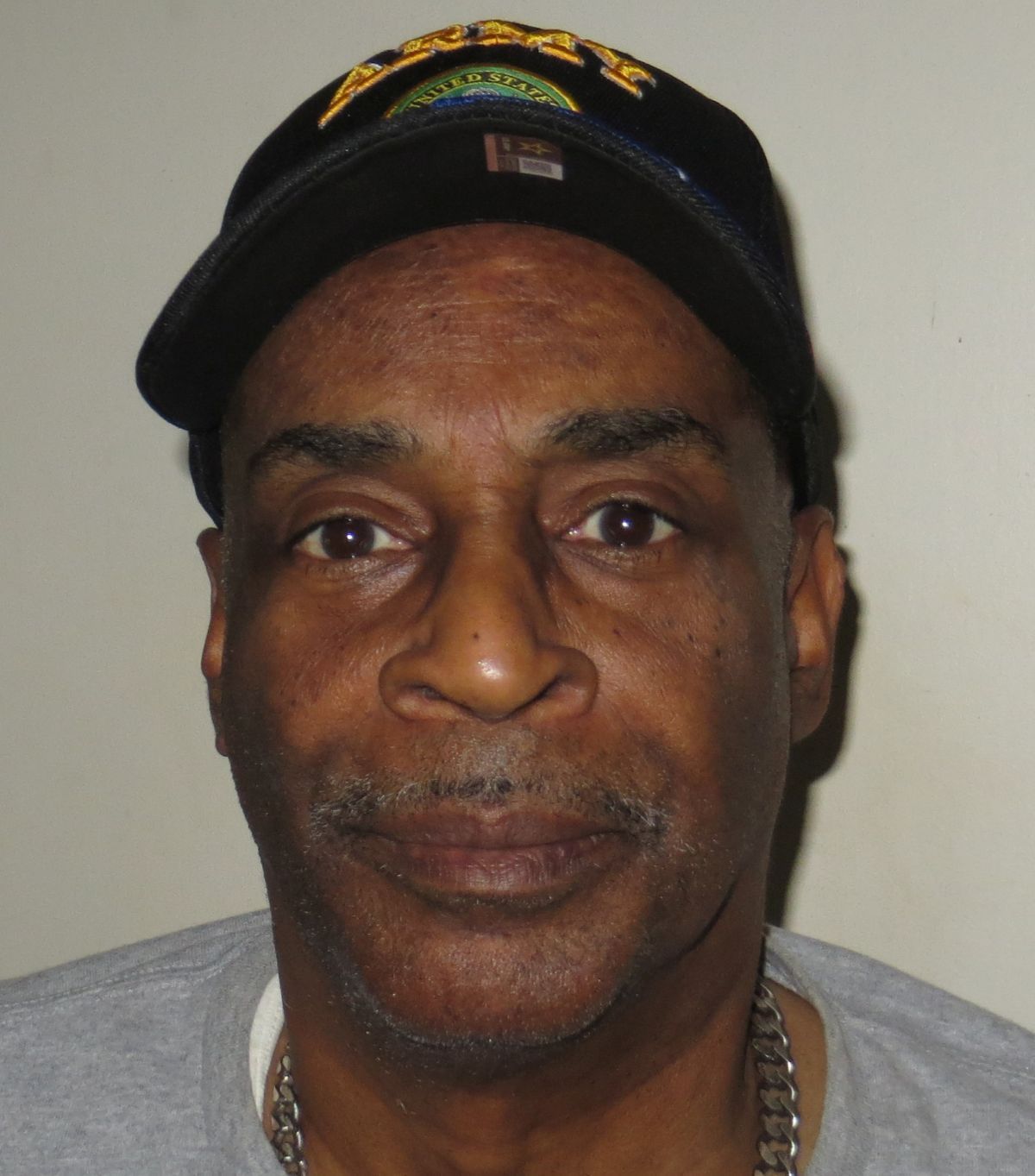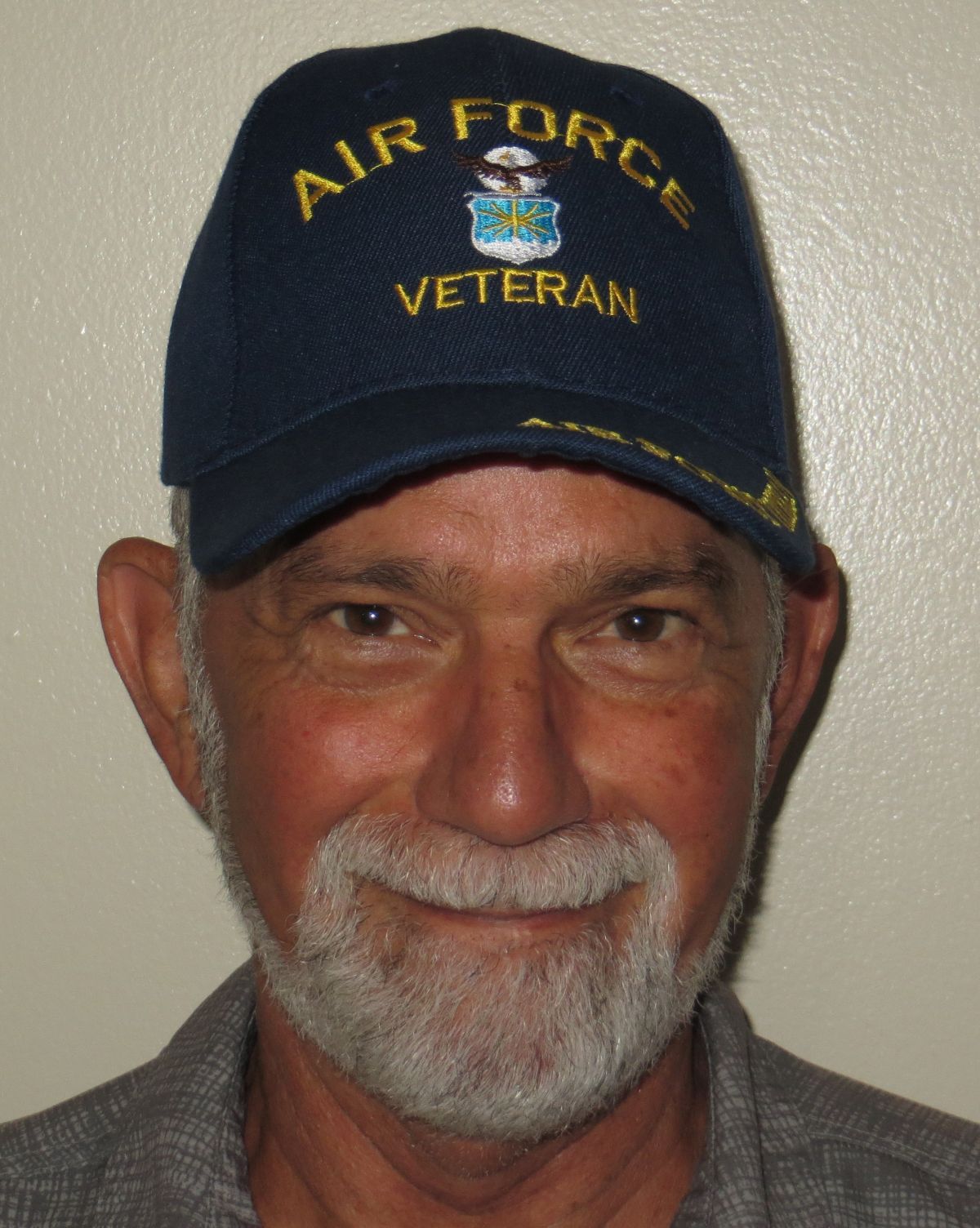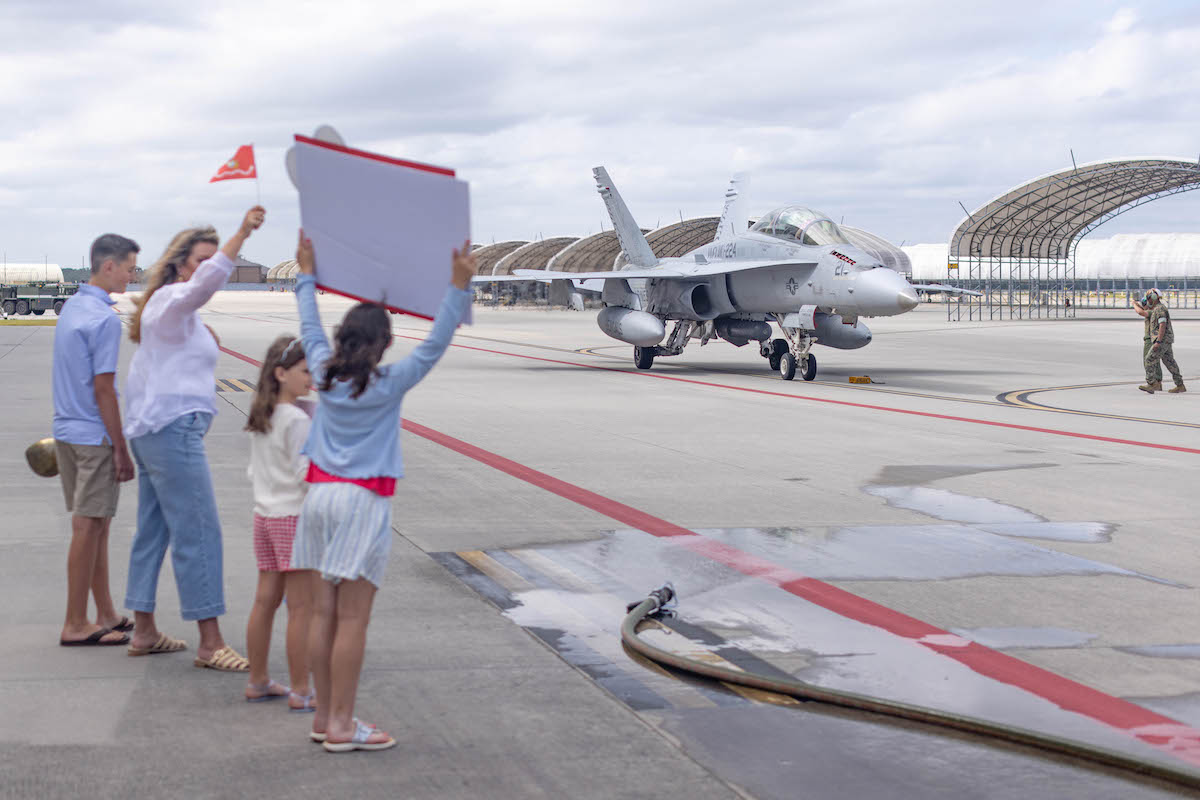By Larry Dandridge
This is the third and final article in a series on Law Witness Statements. The first two articles can be read online at https://www.yourislandnews.com and click on Military.
What the veteran hopes the Lay Witness Statement will do
Veterans hope that Lay Witness Statements will provide strong evidence that a service-related injury, wound, illness, condition, trauma, event, scar, or HAZMAT contamination/injury caused the veteran’s current symptoms and disability. The veteran hopes the statements convince the VA that the veteran’s disability:
- Was caused or worsened by military service or is a service-connected secondary disability that is caused or exacerbated by an already VA-awarded service-connected condition.
- Was caused by an injury, wound, illness, trauma, event, scar, HAZMAT contamination/injury, or medical condition that either happened while the veteran was serving, or was a “before military service condition” that was worsened by military service, or was a condition that showed up (like Agent Orange presumptive cancers and asbestos cancers and non-cancer injuries) after the veteran got out of the military.
- Happened to the veteran in a place the veteran claims happened, with a military unit (X Company, Y Battalion, Z Brigade, XX Division) and on the date and time the veteran claims.
- Symptoms have been witnessed, and the frequency, pain level, loss of motion/strength, and severity of those symptoms are as the veteran describes and as the disabled veteran’s medical records and doctors describe in a claim.
- Is as detailed through factual observations that corroborate the veteran’s claim that the veteran’s disability is service-connected.
Effective Lay Witness statements
Effective witness statements are clear, concise, fact-based, offer context (throw light on the situation and interrelated conditions), personal insight, and align with VA rating criteria (CFR Title 38 Part 4). First-hand witnesses should write them, focused on specific observations, and highlight the impact of the veteran’s symptoms and condition on daily life, work, and relationships. Effective buddy letters avoid opinions, suggestions, and irrelevant information.
Who can write a Lay Witness statement
Eligible individuals include anyone 18 or older with firsthand knowledge of the veteran’s condition.
Unlawful and severe penalties for false statements
VA Form 21-10210 states, “The law provides severe penalties which include fine or imprisonment, or both, for the willful submission of any statement or evidence of a material fact knowing it to be false, or for fraudulent receipt of any document to which you are not entitled.
Spouse Lay Witness statement
Offers detailed observations of symptoms and how the veteran’s disability affects home life, relationships, and daily functioning.
Example 1 — Notional Sleep Apnea Statement: I, Alice A. Friendly, observe my veteran husband, U.S. Army SFC (Retired) Sam W. Friendly, snoring loudly with pauses in breathing and waking up suddenly, gasping and choking every night. I see my veteran husband tired and suffering from morning headaches, restless nights, dry mouth, high blood pressure, irritability, depression, reduced libido, excessive daytime drowsiness, nighttime chest pains, excessive weight, and frequent trips to the bathroom every night.
My husband and I have been married since 2005. My husband has had these life-threatening, job-threatening, and marriage-threatening symptoms for the past 15 years. My husband did not have these Sleep Apnea problems and symptoms before he went to Iraq (OIF) on January 1, 2009. However, when he returned in January of 2010, he exhibited the symptoms mentioned above every day and night since then.
My husband has been so irritable and sleepy that he has had many outbursts of anger over the past 15 years. His sleepiness and irritability have scarred our relationship and almost cost him his job at West-North-East-South Company, where he has been counseled numerous times for drowsiness at work, tardiness, an incident of falling asleep while driving a company truck, and for yelling at other employees. He did not have high blood pressure and never lost his temper with me or his military co-workers before he went to Iraq (OIF)in 2009. Still, he developed irritability and high blood pressure in Iraq, and they have worsened over the past 15 years.
On April 18, 2025, I went with my husband to see his civilian primary care provider, Dr. Very Smart, phone 123-456-7890, email: XXXX.TTTT@XXX.com. Dr. Smart told my husband and me that my husband is suffering from Sleep Apnea. He also told my husband that he will need a Continuous Positive Airway Pressure (CPAP) machine to treat and prevent his Sleep Apnea. Dr. Smart referred my husband to a pulmonologist and sleep apnea specialist, Dan Brillant, M.D., F.C.C.P.
Dr. Brillant gave my husband a sleep test on February 1, 2025, and it confirmed that my husband suffers from severe sleep apnea. Dr. Brillant prescribed a CPAP Machine for my husband.
Ask a Veterans Service Officer (VSO) for help
VSOs are experts in VA benefits and how to file for those benefits, and how to appeal VA decisions you disagree with. VSOs are background checked, must pass a comprehensive examination, and are trained by the VA, a State Department of Veteran Affairs, and Veterans Service Organizations.
Veterans can find S.C. County VSOs at https://bit.ly/3qbLVSL or https://scdva.sc.gov/county-veterans-affairs-offices, Georgia VSOs at https://bit.ly/44KMVA7 or https://veterans.georgia.gov/locations/veterans-field-service-office-near-you, and North Carolina county VSOs at https://bit.ly/4ghZqHW or https://www.milvets.nc.gov/benefits-services/benefits-claims.
VFW members can find a VFW Veterans Service Officer listing at https://www.vfw.org/assistance/va-claims-separation-benefits, and American Legion Members can find an AL VSO at https://www.legion.org/member-services/veterans-services/veterans-benefits/find-a-veteran-service-officer. DAV members can find a DAV VSO at https://www.dav.org/find-your-local-office/.
Veterans can also search for VA-accredited representatives nationwide at https://bit.ly/3QnCk5M or https://www.va.gov/ogc/apps/accreditation/index.asp at VA Regional Offices at https://bit.ly/3TahNn1 or https://www.benefits.va.gov/vso/varo.asp. VVA members can find a VSO at https://vva.org/what-we-do/veteran-services/service-officer-locator/.
The bottom line
Veterans should solicit and use Lay Witness Statements whenever they are needed or can add value to their VA claim. They should ask Lay Witnesses to:
- Write a Lay Witness statement supporting their claim.
- Begin their VA Lay Witness Statement by establishing their relationship with the veteran filing a claim and the length of time they have known the veteran.
- Describe, in detail, what they (the firsthand witness) observed about the veteran’s condition during and after their military service. Include specific examples of events or symptoms.
- End the Lay Witness Statement (form or letter) with a formal/legal signature, date, and a statement certifying that the information provided is true and accurate to the best of your knowledge and belief.
- Be sure to include their contact information, such as your US Postal mailing address, email address, and phone number.
Larry Dandridge is a Vietnam War wounded warrior, a combat and service-connected 100% disabled veteran, an ex-Enlisted Infantryman, an ex-Warrant Officer Pilot, and a retired Lt. Colonel. His over 250 articles on veterans’ benefits, leadership, logistics, hospice, law enforcement, and aeronautics have been published in over 20 magazines and newspapers in the USA, Germany, and England. Larry is a past Veterans Service Officer, a Patient Adviser at his local VA Hospital, a Fisher House Charleston Good Will Ambassador, and the past VP for Veteran Affairs for his local Association of the US Army (AUSA) and Military Officer Association Chapters. He is currently the VFW Post 7378 Service Officer, the author of the award-winning and popular (over 250 five-star reviews) Blades of Thunder (Book One), and a contributing freelance writer with The Island News. Contact him at LDandridge@earthlink.net or 843-276-7164.









